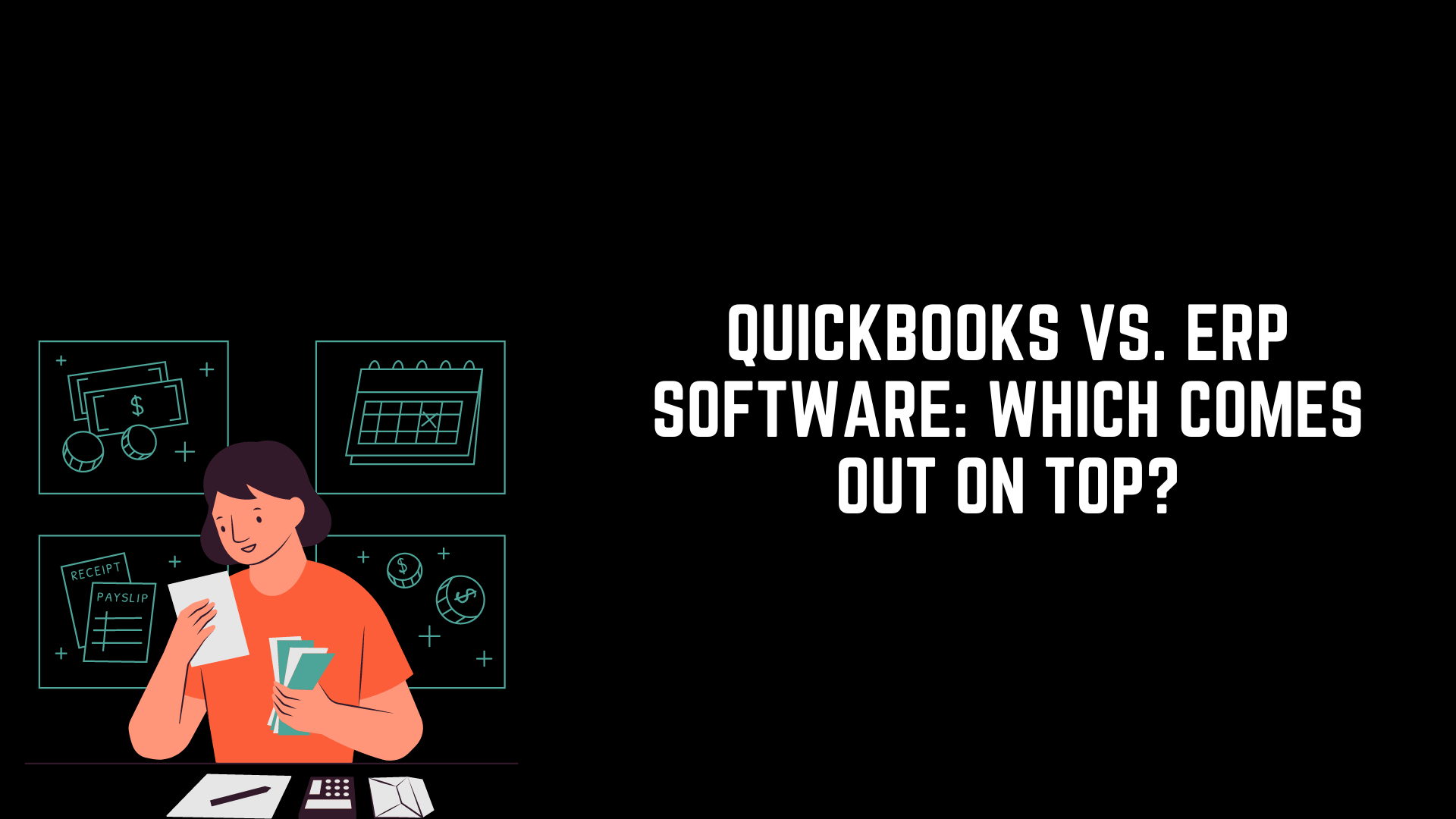In the world of business management software, the choice between QuickBooks and Enterprise Resource Planning (ERP) solutions is a pivotal decision. Both offer unique features and cater to different business needs. QuickBooks is renowned for its user-friendly interface and suitability for small to medium-sized businesses, while ERP software provides comprehensive tools for larger enterprises. So, which one truly emerges victorious? Let’s delve deeper into the comparison to find out.
QuickBooks: The Champion of Simplicity
QuickBooks has long been the go-to solution for small businesses and startups. Its intuitive interface, ease of use, and affordability make it an attractive option for entrepreneurs looking to streamline their financial operations without breaking the bank.
Pros of QuickBooks:
- User-Friendly Interface: QuickBooks boasts a simple and intuitive interface, making it accessible to users with varying levels of accounting knowledge.
- Cost-Effective: The pricing plans for QuickBooks are generally more affordable, particularly for smaller businesses just starting out.
- Scalability for Small Businesses: It offers scalability, allowing businesses to start with basic features and upgrade as they grow.
Cons of QuickBooks:
- Limited Functionality: QuickBooks may lack certain advanced features required by larger businesses, such as complex inventory management or multi-currency support.
- Integration Challenges: Integrating with other business systems can sometimes be challenging, leading to inefficiencies in data management.
ERP Software: The Powerhouse for Enterprise Management
On the other hand, ERP software is designed to handle all aspects of a business’s operations, from finance and accounting to HR, supply chain management, and beyond. It provides a comprehensive solution for large enterprises looking to streamline processes and improve efficiency across the board.
Pros of ERP Software:
- Comprehensive Functionality: ERP systems offer a wide range of features and modules to manage various aspects of a business, providing a holistic view of operations.
- Improved Efficiency: By integrating different departments and functions within an organization, ERP software can streamline processes, reduce redundancy, and improve overall efficiency.
- Scalability for Growth: ERP systems are built to scale with the business, accommodating growth and expansion without the need for extensive reconfiguration.
Cons of ERP Software:
- Complex Implementation: Implementing an ERP system can be a complex and time-consuming process, requiring significant investment in terms of time, resources, and training.
- High Cost: ERP software typically comes with a higher price tag compared to QuickBooks, which may be prohibitive for smaller businesses with limited budgets.
The Verdict: Choosing the Right Solution
When it comes down to it, there is no one-size-fits-all answer to the QuickBooks vs. ERP debate. The right choice depends on the specific needs and circumstances of your business.
Choose QuickBooks If:
- You are a small to medium-sized business looking for a cost-effective solution with a user-friendly interface.
- Your business primarily needs basic accounting and financial management capabilities.
- Scalability is a key factor, and you want a solution that can grow with your business at a manageable pace.
Choose ERP Software If:
- You are a larger enterprise with complex business processes and operations spanning multiple departments.
- Integration and streamlining of various business functions are critical to improving efficiency and productivity.
- You have the resources and budget to invest in a comprehensive solution that can meet your organization’s long-term needs.
In conclusion, both QuickBooks and ERP software have their strengths and weaknesses, and the decision ultimately comes down to understanding your business requirements and choosing the solution that best aligns with your goals and objectives. Whether you opt for the simplicity of QuickBooks or the power of ERP, making an informed decision will set your business on the path to success.









